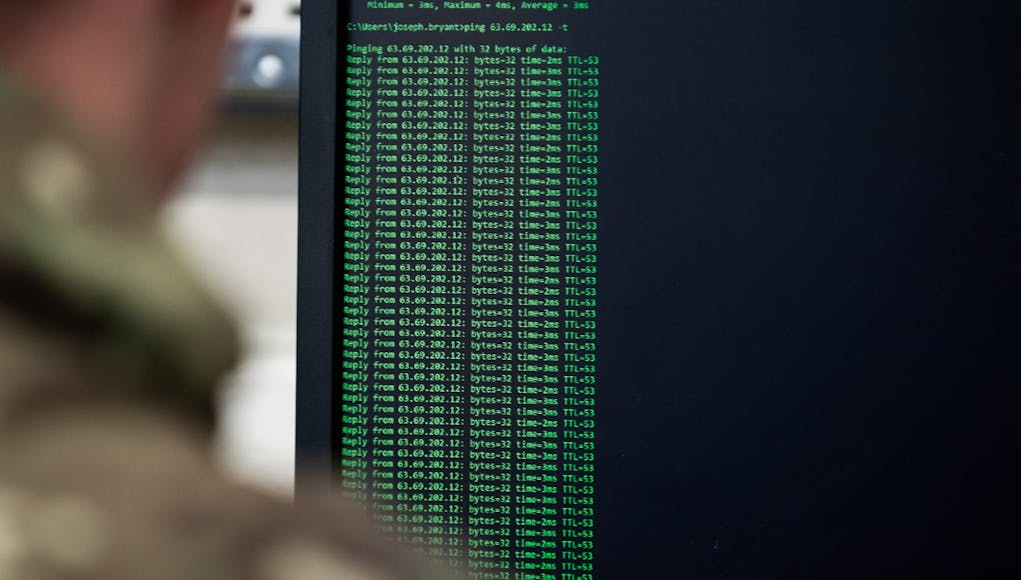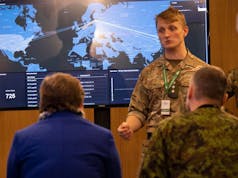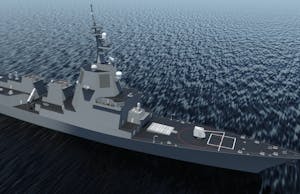Over 400 UK and international defence cyber specialists and novices have taken part in the UK’s biggest cyber competition centred at Blandford Camp, Dorset.
The British Army say that Exercise ‘ARMY CYBER SPARTAN’ presented teams with complex real-world cyber challenges that escalated over a five-day period.
“In a year when the UK has seen an increase in cyber threats, teams from across the British Army’s regular and reserve forces, the Royal Navy, France and Denmark were tested in the exercise’s fourth year to help grow and develop cyber defence capabilities. In a world which is becoming ever more digitally reliant, the ability to protect ourselves, our people and way of life in cyberspace is increasingly important. Working with our allies, the UK and British Army are a leading cyber force, pioneering and developing new technologies and expertise to protect us from those who wish us harm.
During the five-day exercise hosted by the Royal Signals in their centenary year, teams working in a safe virtual training environment were presented with realistic scenario. These were tailored to their own capabilities to ensure this is a learning exercise as well as a competition. The exercise is funded by the Field Army and is being brought into the core training programme as an annual event, to continue to develop the Army’s capability in the cyber field.”
Visiting the exercise Commander Field Army, Lieutenant General Ivan Jones said:
“We’re now in the fourth iteration of the exercise to test our cyber skills, to look at how we defend, what we can learn about our defence and how we can improve it. The exercise helps to identify and nurture new talent, not just from those that are in the technical streams, but across the Army and Armed Forces. If we are to succeed in the land environment, we’ve got to understand that technology is going to offer us an edge. It also presents a threat and we’ve got to protect ourselves. And we’ve also got to understand how our adversary relies upon and uses it. This is absolutely in an area of growth for the future. What is wonderful to see is at the very heart of this is people. You’ve got all the ones and zeros, but this is all about our people, and they are hugely impressive, every single one of them.”
Competing teams earn points depending on their performance on a series of tasks which incentivise learning, with dedicated time each day for teams to talk through their performance and identify weaknesses.
The team which earns the most points will go on to join NATO’s cyber defence exercise Lockshields, which is held in Estonia in the mid part of next year.

















I wonder if, given our criticaL dependance on IT today, we have contingency measures to govern, survive & fight without it?
I’m not sure that is a possibility. IT is just computer processing and transmission of data. To say that it would disappear in one go would require kinetic destruction, as EMI is mitigated and malware across everything is highly unlikely. Leaving transmission, which has had mesh redundancy since the 70s.
IT is all about mitigating the unexpected and achieving the five 9’s of uptime, e.g. 99.99999%
I just wonderd if it was considered. Of course it is a possibility to function without IT as we’ve done so millenia before it came about. Contingency plans are always useful & prudent, though if it’s as unlikely as you say, that’s good that we’re far more resiliant.